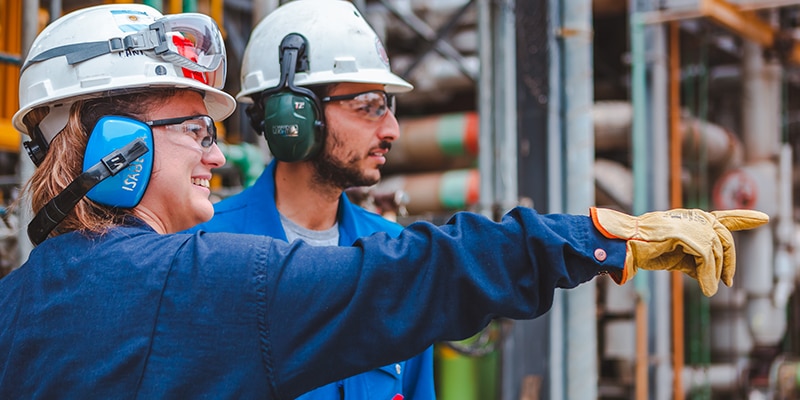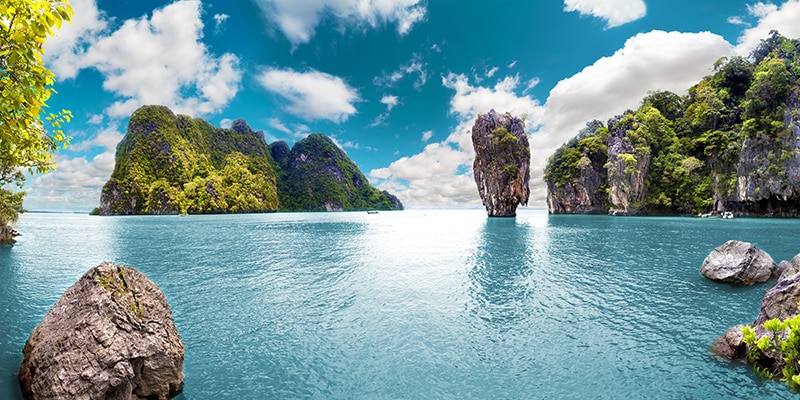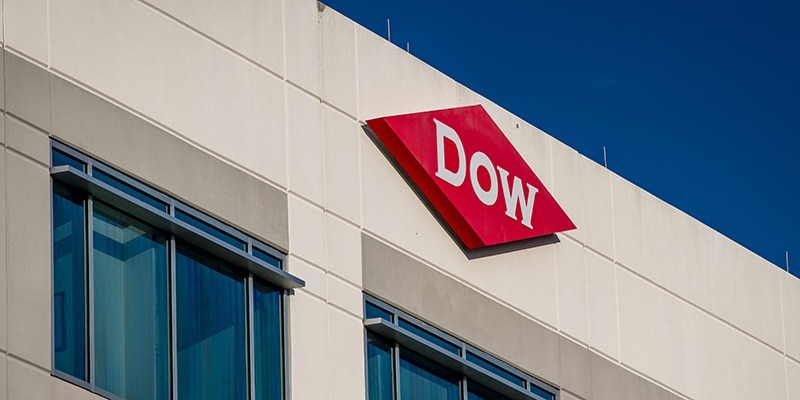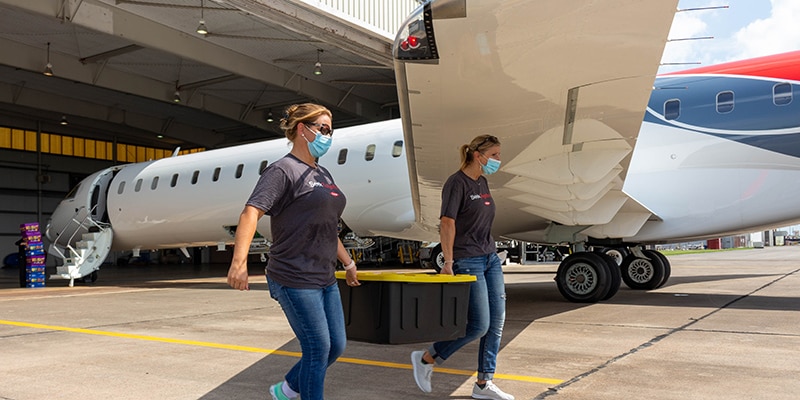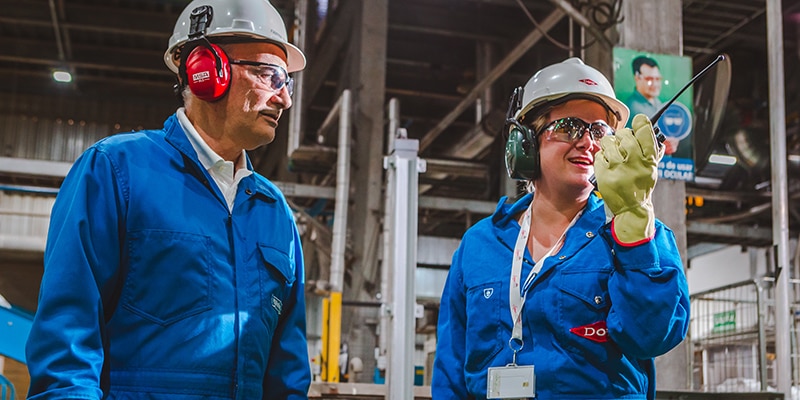How a Brazilian packaging producer is improving the way food gets to the table
How a Brazilian packaging producer is improving the way food gets to the table
To reduce food waste, improve food distribution and lower the environmental impact, the world needs packages that provide better protection at a lower cost with less materials and the ability to recycle.
Our goal at Videplast is simple: collaborate to bring food from farm to table as affordably and as sustainably as possible – whether it is meat, produce or staples like rice, beans, sugar and flour.
When we opened our doors more than 30 years ago, we manufactured low-cost plastic bags out of recyclable polyethylene plastic for the transport of fruit and other goods from street fairs and local grocers to homes in Brazil. Our neighbor happened to be a major chicken and pork processor. Over time we noticed they were using many bags to package their meats, and we were sure we could improve their approach. We quickly invested in new equipment that delivered an application of recyclable polyethylene meeting the meat processor’s packaging requirements of quality and freshness. Over the coming decades, we continued to challenge ourselves. How can we improve food packaging?
We challenged ourselves and made a commitment to become one of the top 10 packaging converters in Brazil and the foremost in the animal protein industry. Continually striving to design the best packaging with the lowest impact on the environment. Using a single material whenever possible so that the packaging is easy to recycle. We developed an analysis tool to consider the creation to end-of-life environmental impact of the package and contents.
Since making this commitment, we have invested in state-of-the-art equipment. We have also sought to collaborate more. We work with suppliers like Dow to develop packages. For example our VP 30, which meets and, in some cases, exceeds, requirements for the niche market of rice packaging – a market that had not shown any significant application advancements in more than 10 years.
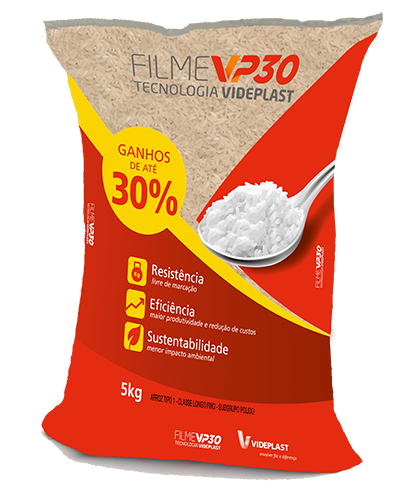
VP 30 packaging is now used by rice packagers in the largest rice producing and processing region of Brazil. Brand owners quickly recognized the benefits provided by the new package that reduces material use and improves performance. Thickness is reduced by 30% over alternatives, while improving the gloss, mechanical resistance, abrasion resistance and the total cost by reducing breakage and damage during transportation and stocking shelves in supermarkets. It provides brand owners with an attractive, better performing package.
We are now applying the same concept to new packages for sugar, flour and beans, which represent other large volume staples produced in Brazil. To reduce food waste, improve food distribution and lower the environmental impact, the world needs packages that provide better protection at a lower cost with less materials and the ability to recycle. We’re ready to take on these new challenges with our partners.
Volunteering at the core of a healthy mangrove forest in Thailand

Through their volunteer efforts in Thailand, Team Dow is helping support the Company’s sustainability targets to protect the climate, transform plastic waste and close the recycling loop.
For more than a decade, Dow Thailand volunteers have worked to protect the defenders of the coastline – mangrove trees. Just as the seedlings they’ve planted have taken root and grown, so has the impact of the team’s protection and restoration efforts.
Today, the Dow & Thailand Mangrove Alliance is taking mangrove conservation to the next level and engaging both public and private sectors as well as surrounding communities in reducing the impact of climate change and marine debris.

